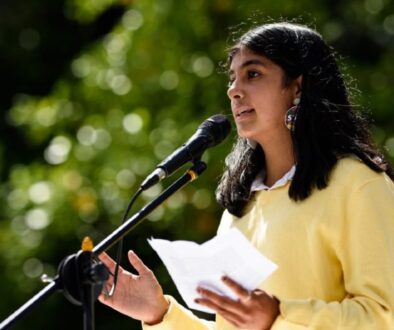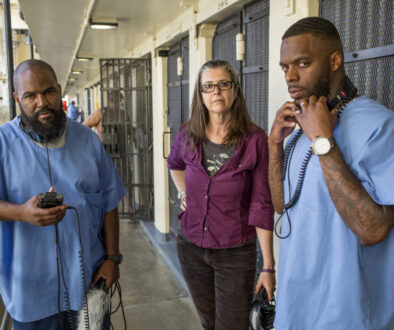What can we learn from Kingian Non-violence
Martin Luther King Jr. was one of the most influential figures in the civil rights movement. He advocated for peaceful protests and civil disobedience to achieve social change. His famous “I Have a Dream” speech is still remembered and quoted today. King also helped to organise the historic March on Washington in 1963, which was attended by over 250,000 people. This event brought national attention to the issue of civil rights and helped to pass the Civil Rights Act of 1964. King’s work has inspired many people to fight for social justice and equality. He is a symbol of hope and progress, and his legacy continues to influence people around the world.

Kingian Non-Violence
Kingian non-violence is a philosophy and strategy for social change that was developed by Dr. Martin Luther King Jr. and his followers. The core principle of Kingian non-violence is that violence, both physical and emotional, is never an acceptable means of achieving social or political goals. Instead, Kingian non-violence advocates for using peaceful methods to resist oppression and injustice. This includes strategies such as peaceful protest, civil disobedience, and negotiations. The goal of Kingian non-violence is to achieve social change through soul force, or the power of love, rather than through violence. While it is often used in the context of race relations, the principles of Kingian non-violence can be applied to any situation where there is a need for social change.
Religious Influence
Dr. Martin Luther King Jr. was a Baptist minister who became one of the most important leaders of the civil rights movement in the United States. Dr. King was heavily influenced by his religious beliefs, and he often drew upon Biblical themes in his speeches and writings. In his famous “Letter from Birmingham Jail,” for example, Dr. King invoked the story of the Good Samaritan to argue that people have a moral obligation to help those who are suffering. Religion also played a role in Dr. King’s commitment to nonviolent resistance; as a Christian, he believed that violence was contrary to the teachings of Jesus Christ. In the end, Dr. King’s faith helped him to become one of the most influential voices for social change in American history.
Principles of Non-Violence
In his “Letter from Birmingham Jail,” King discusses the principles of non-violence that he believes are essential for achieving justice. One of these principles is that the means always justify the ends. That is, even if the goal is noble, using violence to achieve it is not acceptable. This is because violence creates more animosity and division, ultimately making it harder to achieve the goal. King believed that lasting change could only be achieved through peaceful means. Therefore, he advocated for civil disobedience and other forms of non-violent resistance as a way to bring about social change. While some may disagree with his methods, it is hard to argue with his results. Thanks in part to King’s efforts, the United States is now a much more just and egalitarian society than it was during his lifetime.
The six principles of Kingian non-violence are:
(1) the belief that all people are created equal;
(2) the belief that violence is never justified;
(3) the commitment to active nonviolent resistance;
(4) the willingness to accept suffering rather than inflict it;
(5) the refusal to hate one’s opponents; and
(6) the insistence on seeking reconciliation rather than victory.
These principles provide a framework for those who wish to engage in nonviolent struggle for social change. When followed, they can help individuals and groups to maintain their dignity, integrity, and humanity even in the face of violence and injustice.
We cannot use violence means for peaceful ends
Martin Luther King Jr. advocated for peaceful protests and civil disobedience instead of violence, and his key message resonated with many people; violence may be able to achieve short-term goals, but it ultimately leads to more chaos and destruction. On the other hand, peace creates an environment where people can live and work together harmoniously. It is only through peace that we can hope to create a better future for all.
History has shown us time and again that violence only begets more violence. It creates an endless cycle of retribution and revenge that is difficult to break. In addition, violence often leads to innocent people getting hurt. Instead of creating peace, it creates division and hatred. So how can we create peace if we can’t use violence? The answer lies in communication and understanding. We need to be willing to listen to others and to see their point of view. We need to find common ground and work together towards a future that benefits everyone. Only then can we hope to create a lasting peace.
The post What can we learn from Kingian Non-violence appeared first on Peace Network.




